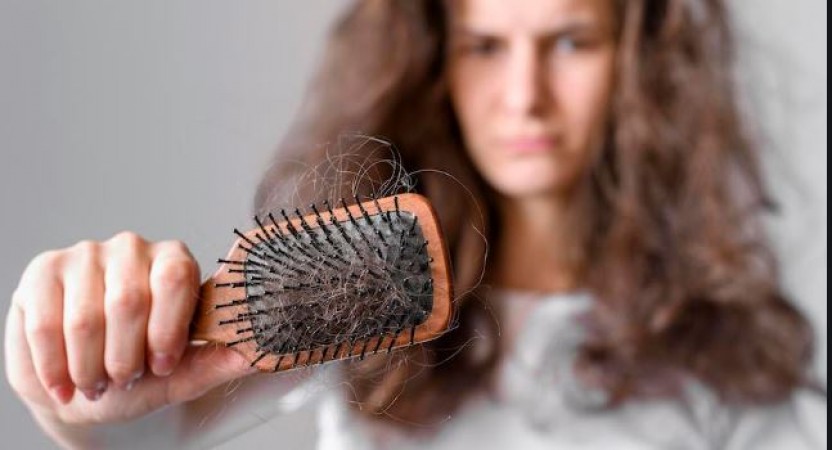
Hair loss is a prevalent issue that affects many individuals at some point in their lives. While a modest daily shedding of hair is considered normal, experiencing more than 100 strands a day or noticing significant hair loss from specific areas of the scalp can be alarming. When hair loss stems from infections or underlying health conditions, it becomes a matter of serious concern. One such condition linked to hair loss is syphilis, a bacterial infection caused by Treponema pallidum, which can lead to hair loss as a potential side effect. Exploring the relationship between syphilis and hair loss, as well as potential treatment options, is crucial for understanding and addressing this concern.
Syphilis is a sexually transmitted infection that progresses in stages: primary, secondary, latent, and tertiary. The secondary stage, characterized by a rash that can affect various parts of the body, including the scalp, is often associated with hair loss. This loss occurs due to the presence of the infection affecting the hair follicles directly. The bacteria can cause inflammation and damage to these follicles, resulting in hair thinning and eventual loss. Typically, the hair loss associated with syphilis is patchy and may occur in localized areas on the scalp.
Recognizing the signs of syphilis-related hair loss is crucial for timely intervention and treatment. If you suspect syphilis as the cause of your hair loss, seeking medical attention is imperative. A healthcare provider will conduct a physical examination, review your medical history, and may perform tests, including blood tests and examinations of affected areas, to confirm the diagnosis.
Treatment for syphilis-related hair loss primarily involves addressing the underlying infection. Antibiotics, such as penicillin, are commonly prescribed to eradicate the bacteria causing syphilis. The type and duration of antibiotic treatment may vary depending on the stage and severity of the infection. However, it's essential to complete the entire course of antibiotics as prescribed by a healthcare professional to ensure complete eradication of the bacteria.
While treating the infection is crucial, promoting hair regrowth and restoration also plays a significant role in managing syphilis-induced hair loss. Patients may explore additional supportive measures to aid hair regrowth, such as:
Nutritious Diet: Consuming a balanced diet rich in essential nutrients, including proteins, vitamins, and minerals, promotes overall hair health and growth.
Topical Treatments: Using topical treatments or shampoos recommended by dermatologists or healthcare providers may aid in stimulating hair follicles and promoting regrowth.
Stress Management: Practicing stress-relieving techniques like meditation, yoga, or engaging in hobbies can help manage stress levels, potentially reducing hair loss.
Scalp Care: Maintaining proper scalp hygiene and using gentle hair care products can prevent further damage to hair follicles.
Consultation with Specialists: Consulting dermatologists or trichologists specializing in hair and scalp conditions can provide personalized guidance and treatment options tailored to individual needs.
It's crucial to prioritize overall health and seek professional guidance when experiencing hair loss, especially if linked to an underlying infection like syphilis. Timely diagnosis, appropriate treatment, and comprehensive care are essential in managing syphilis-related hair loss and promoting healthy hair regrowth.